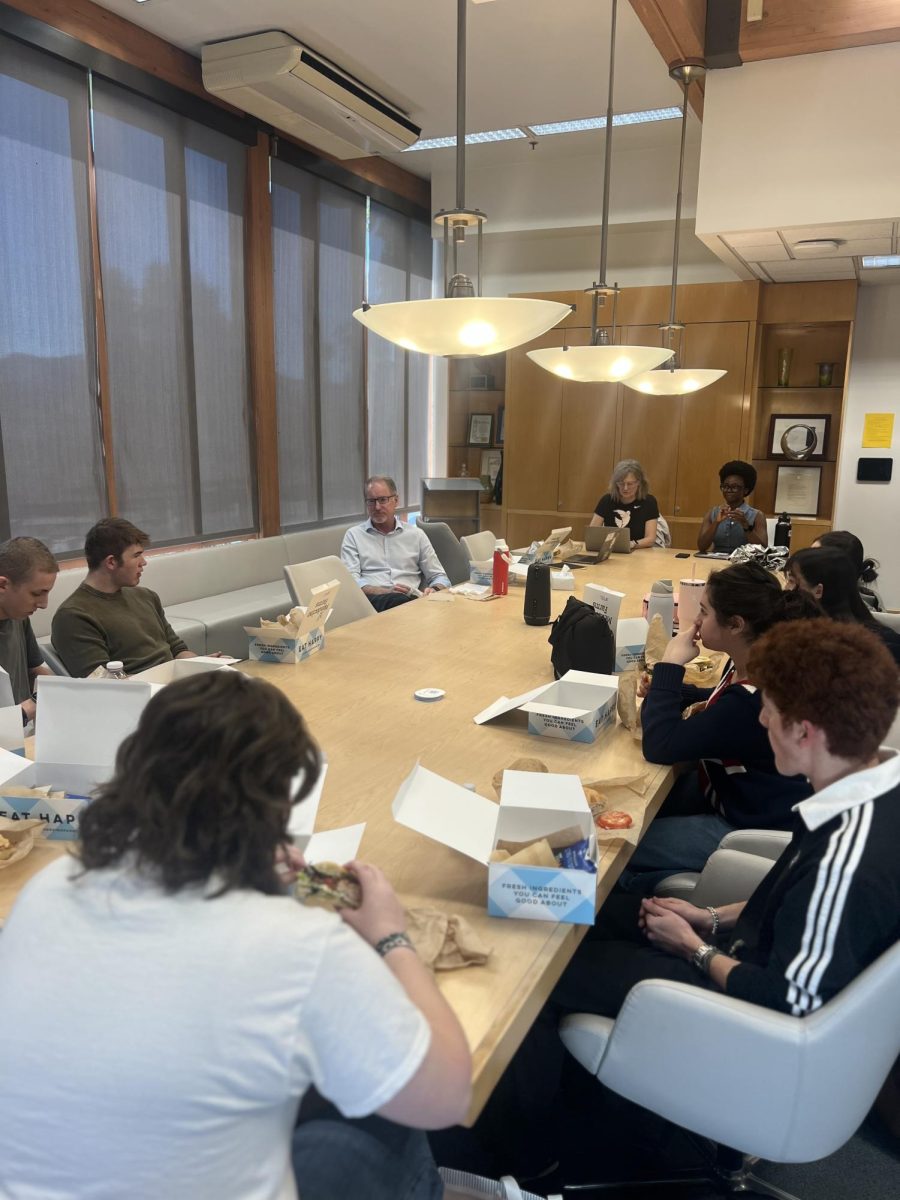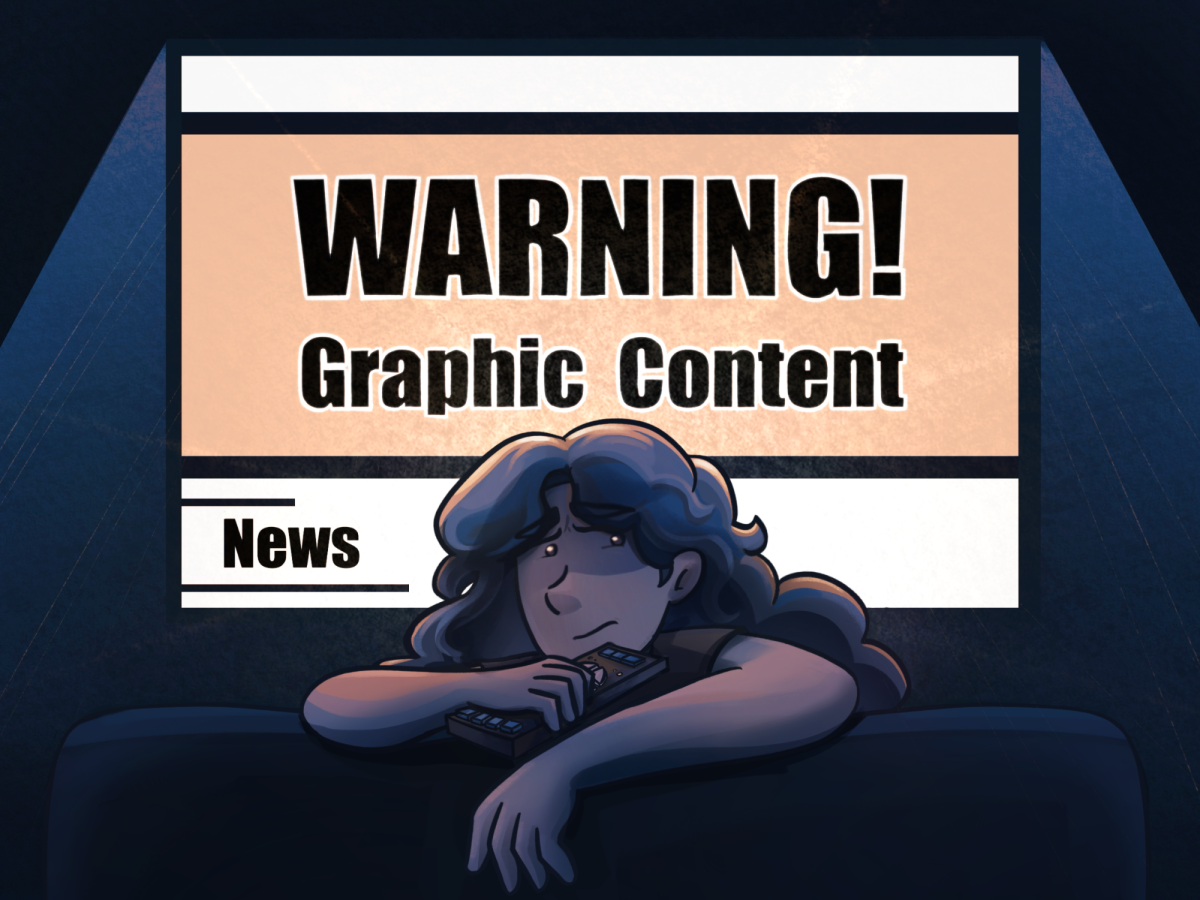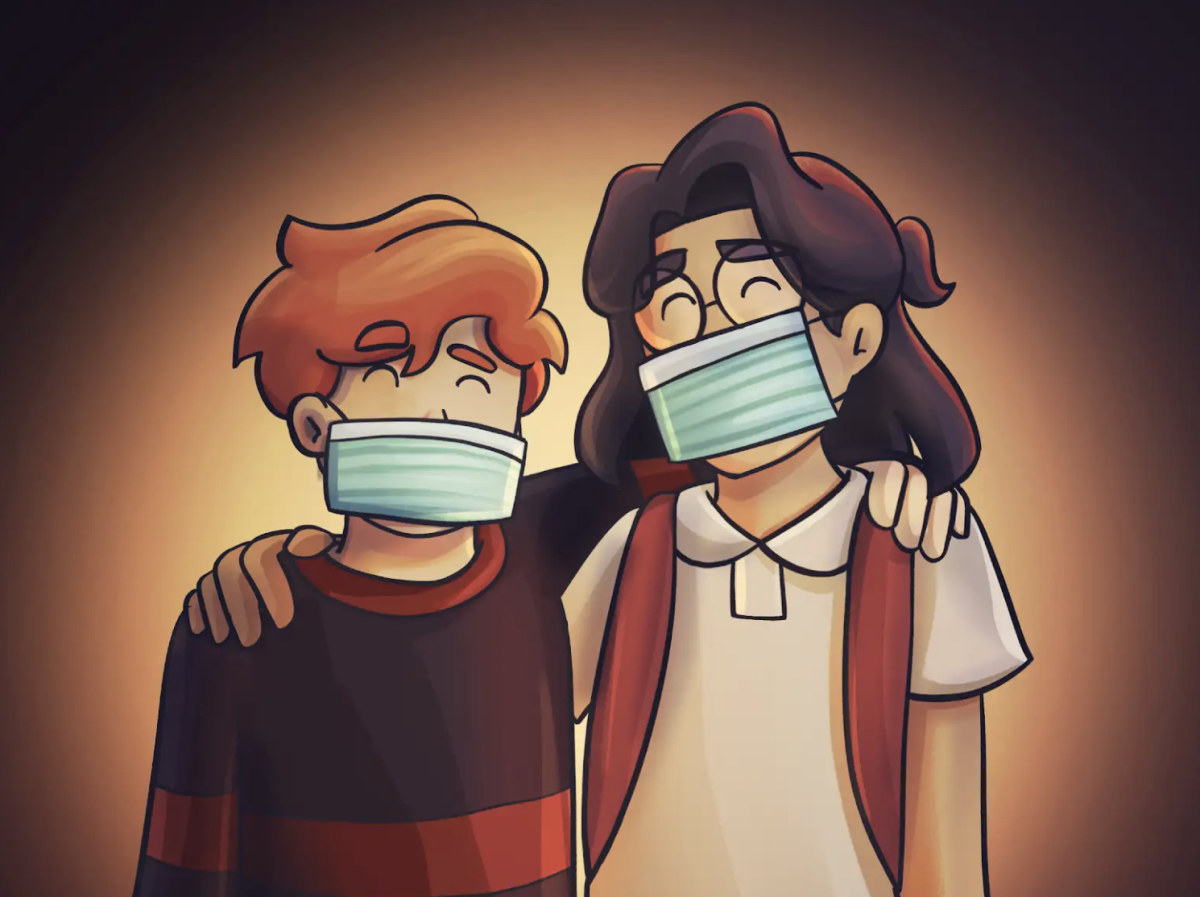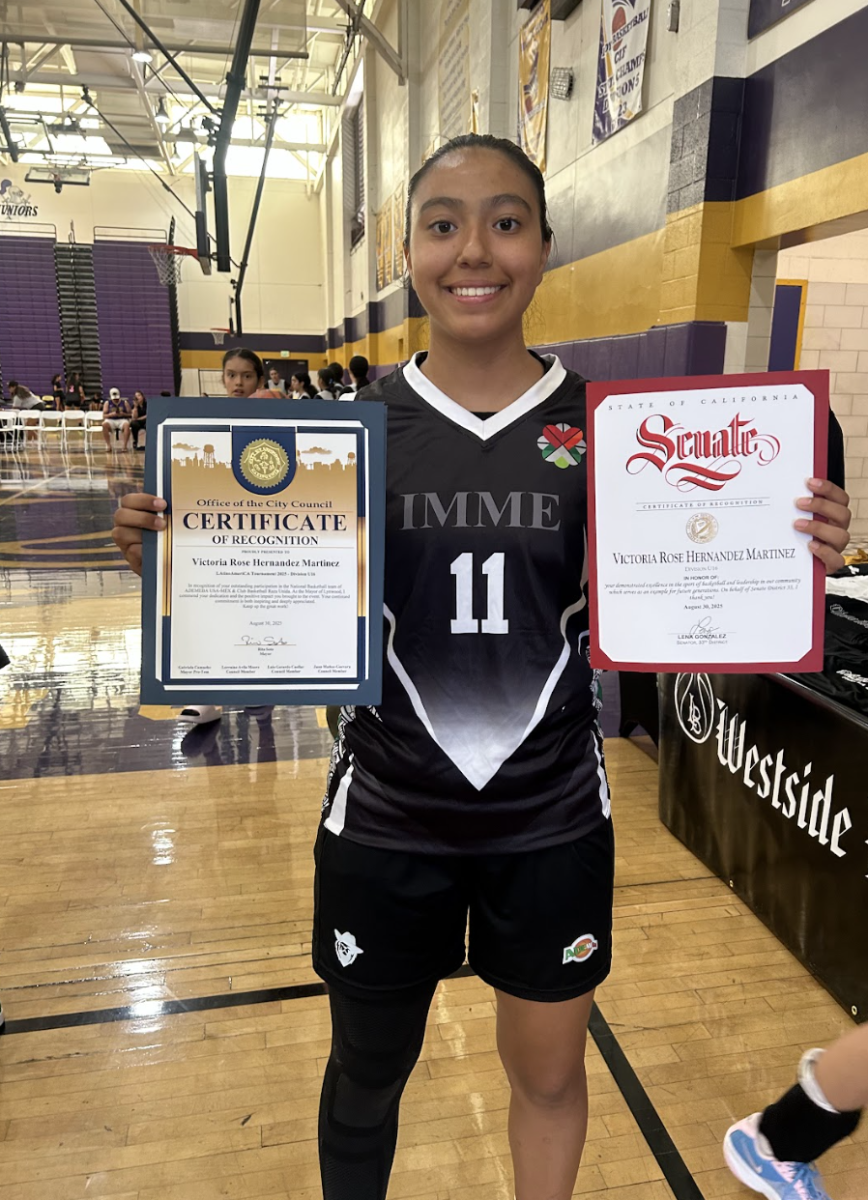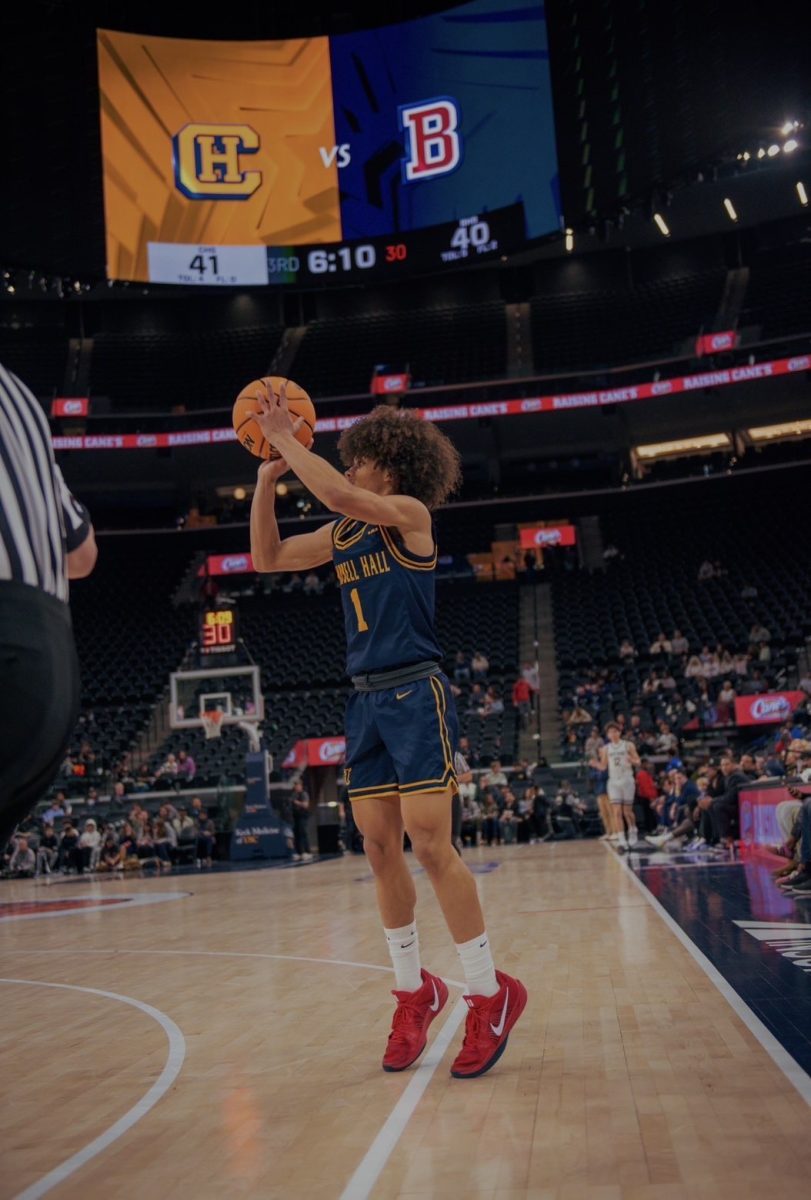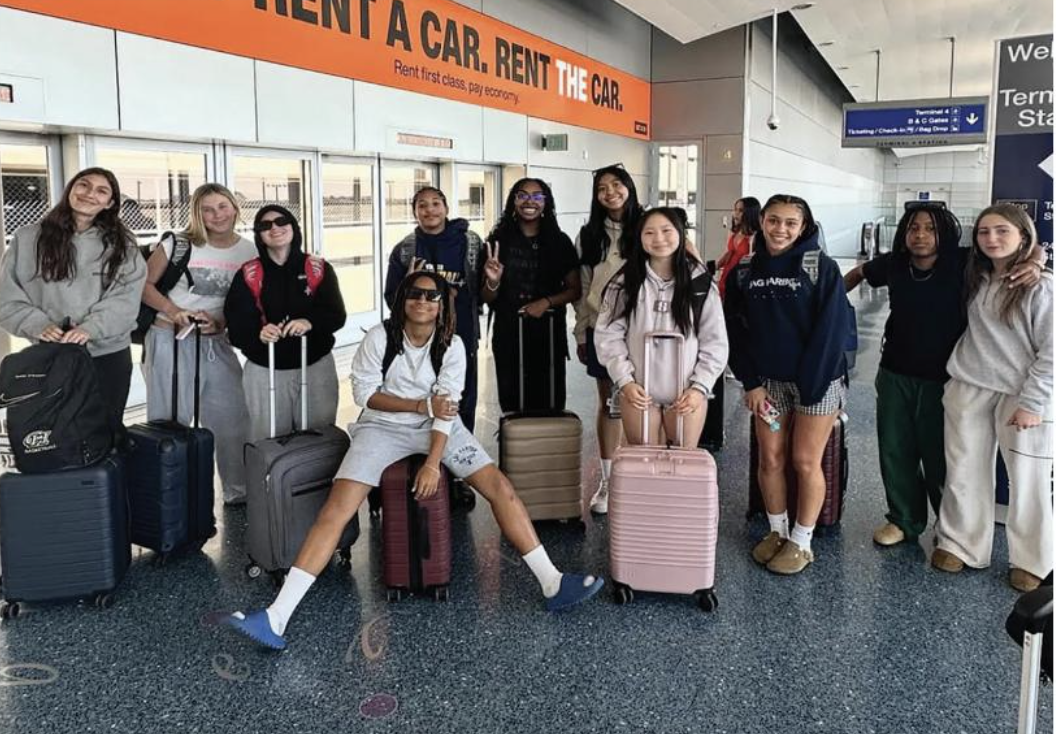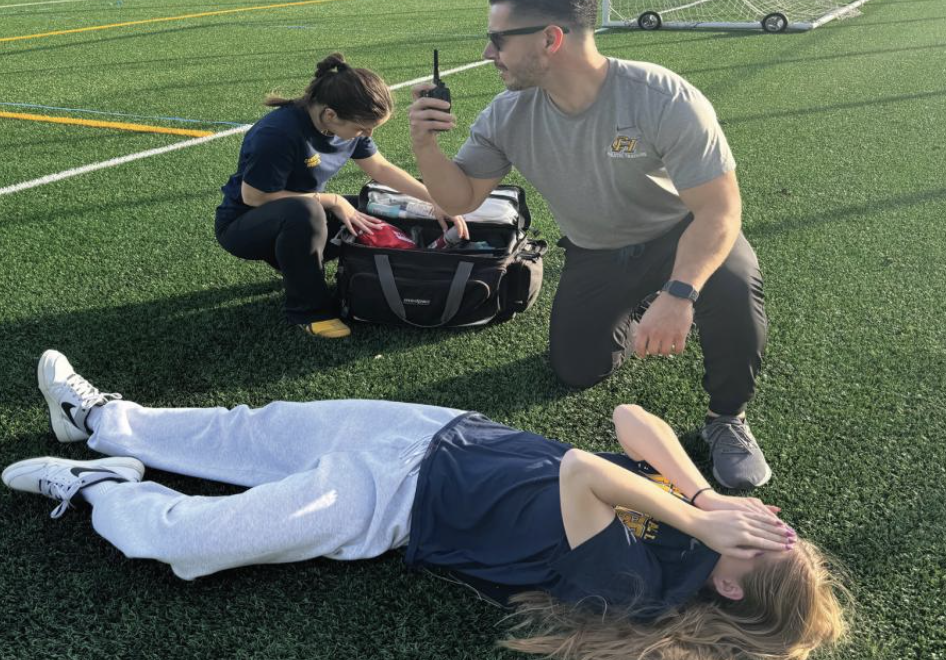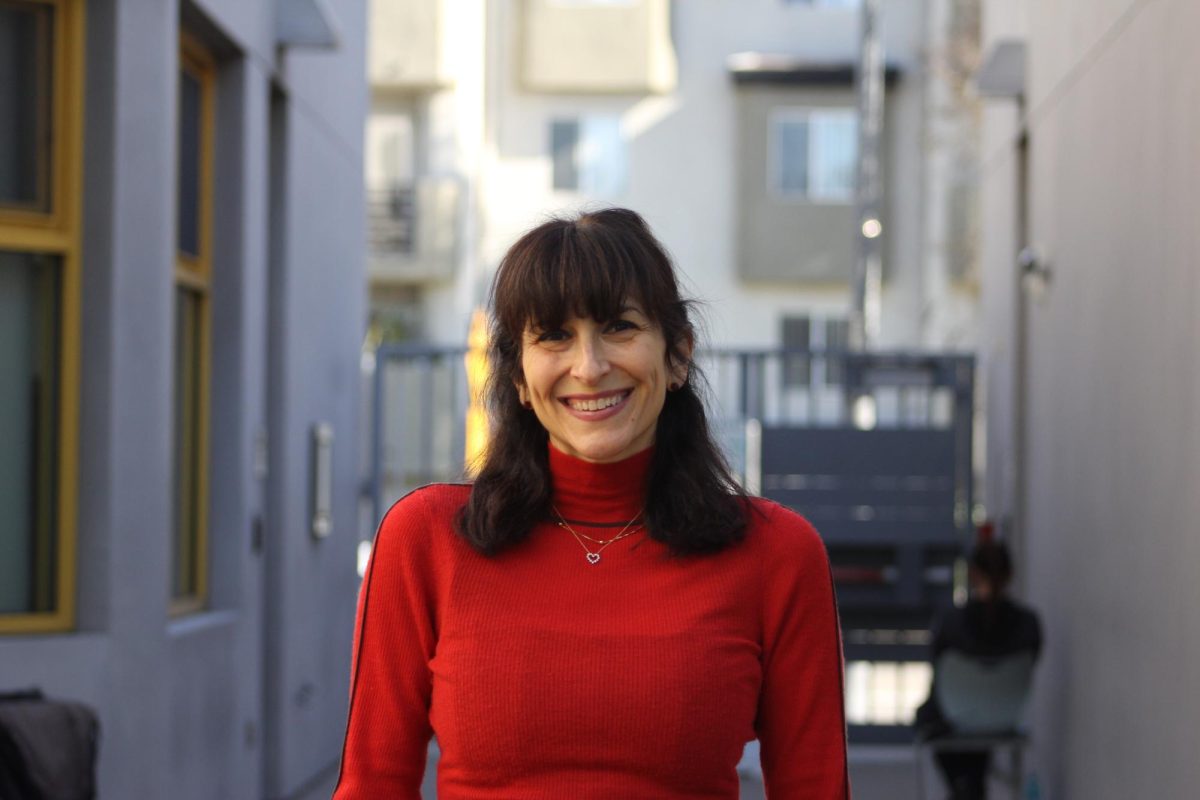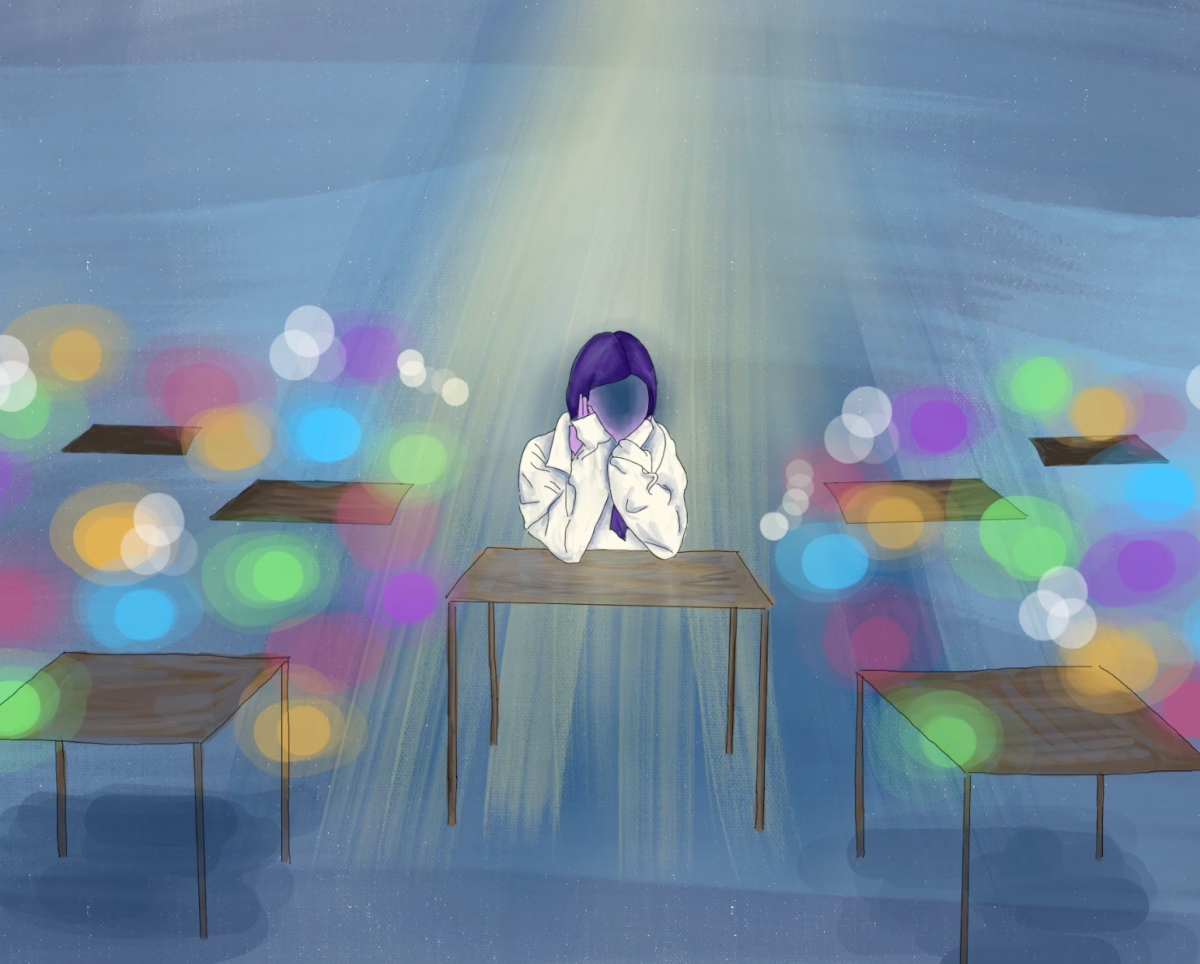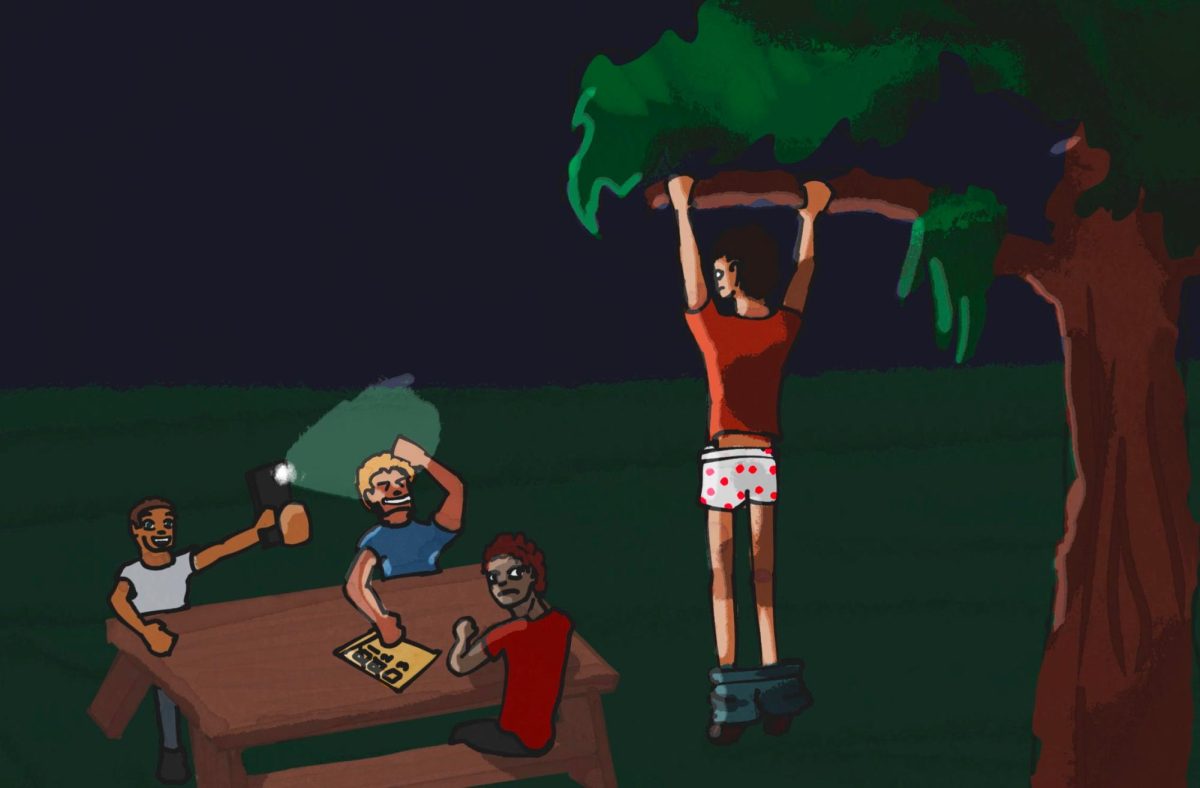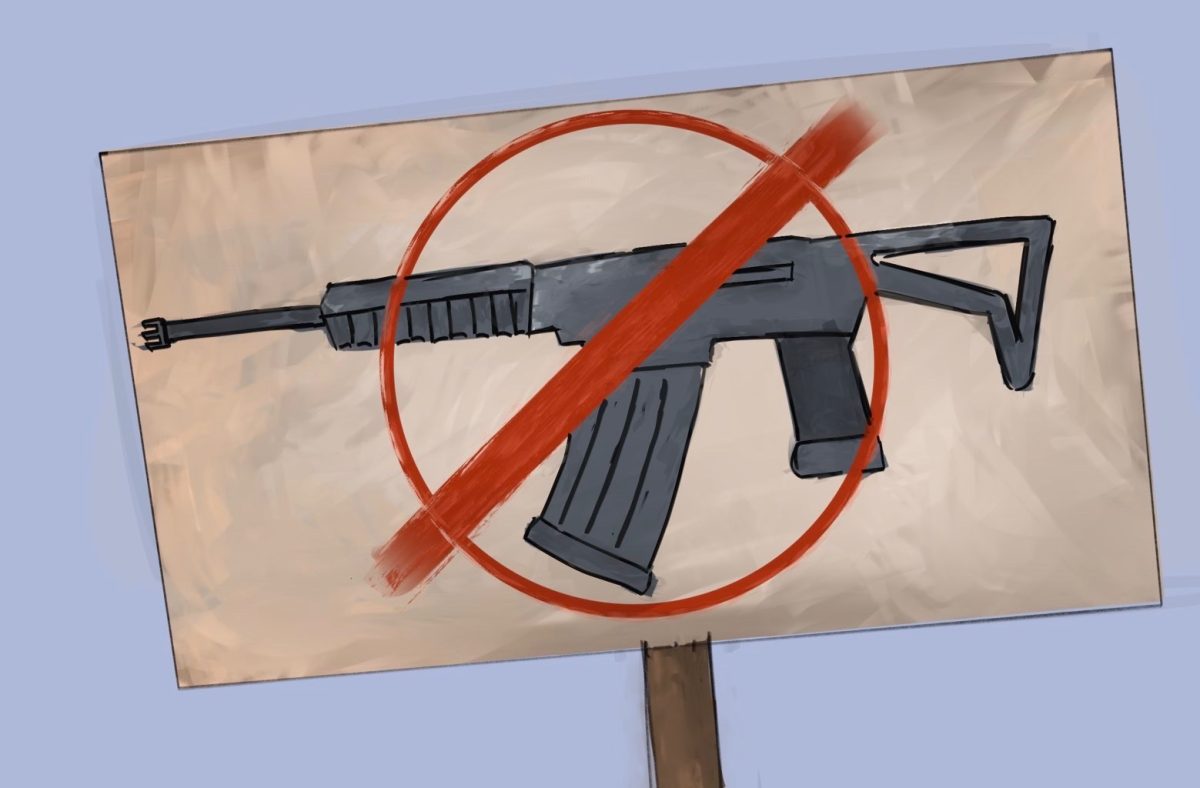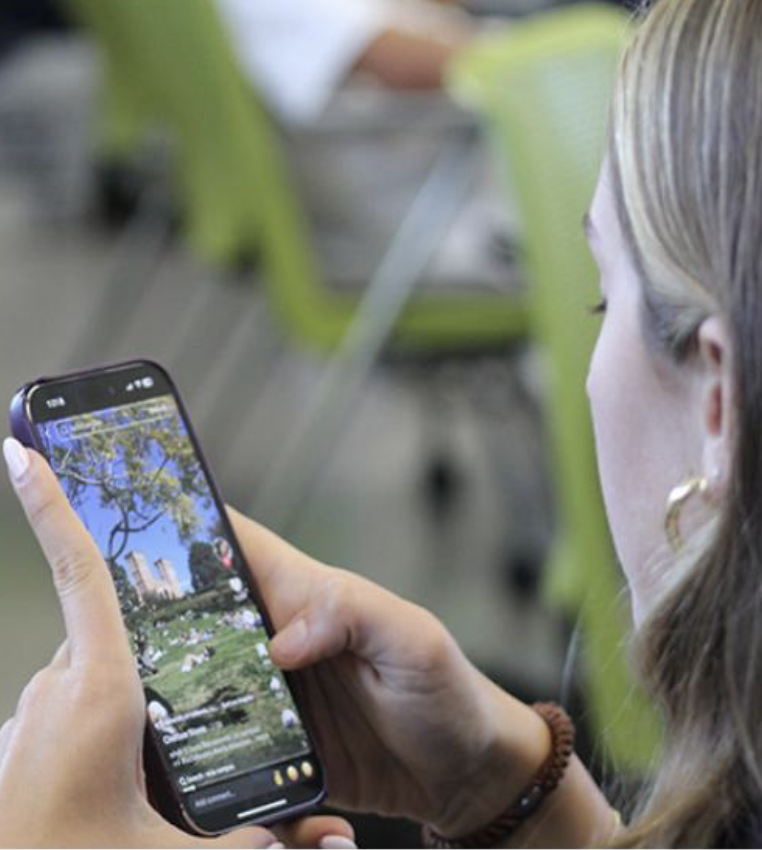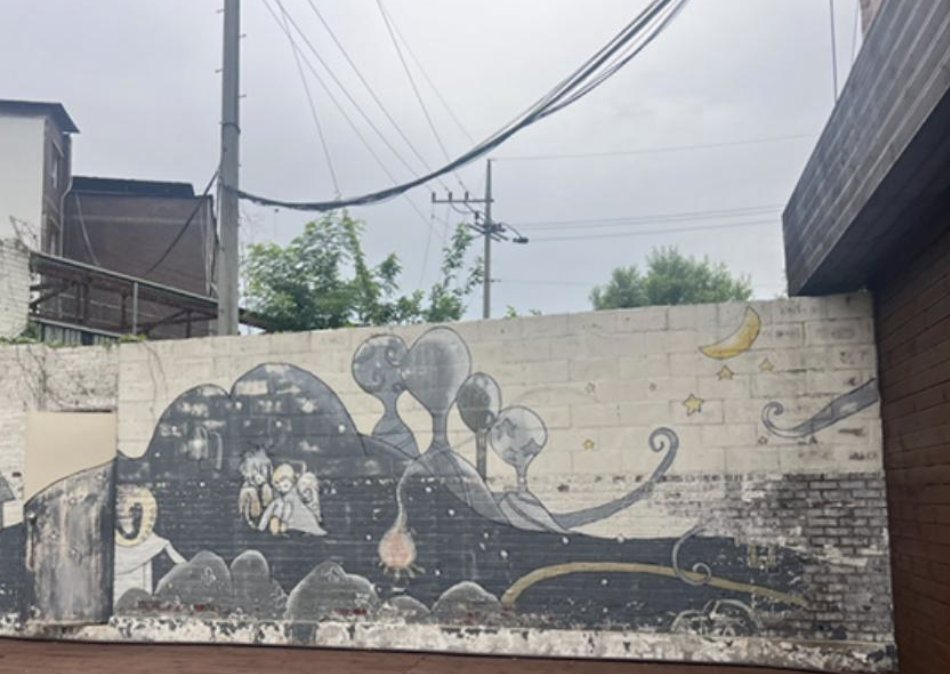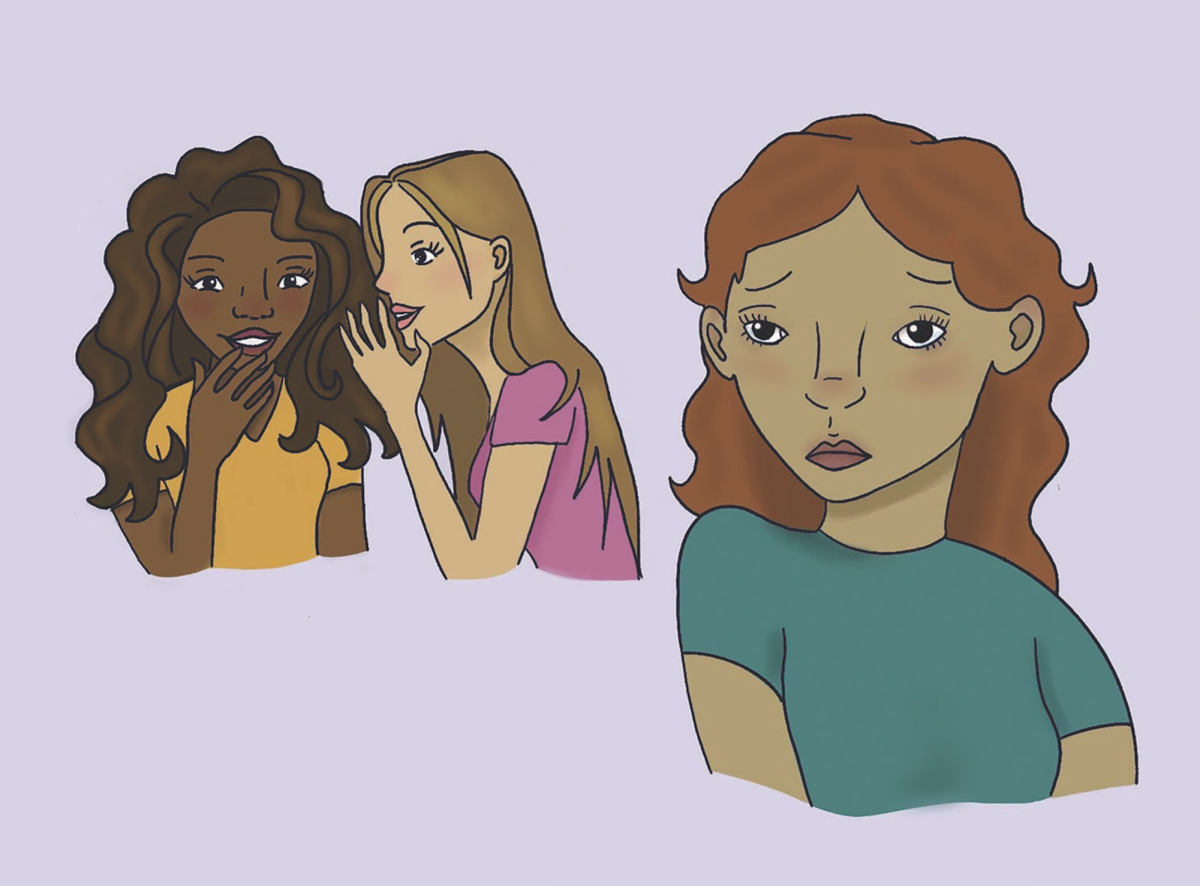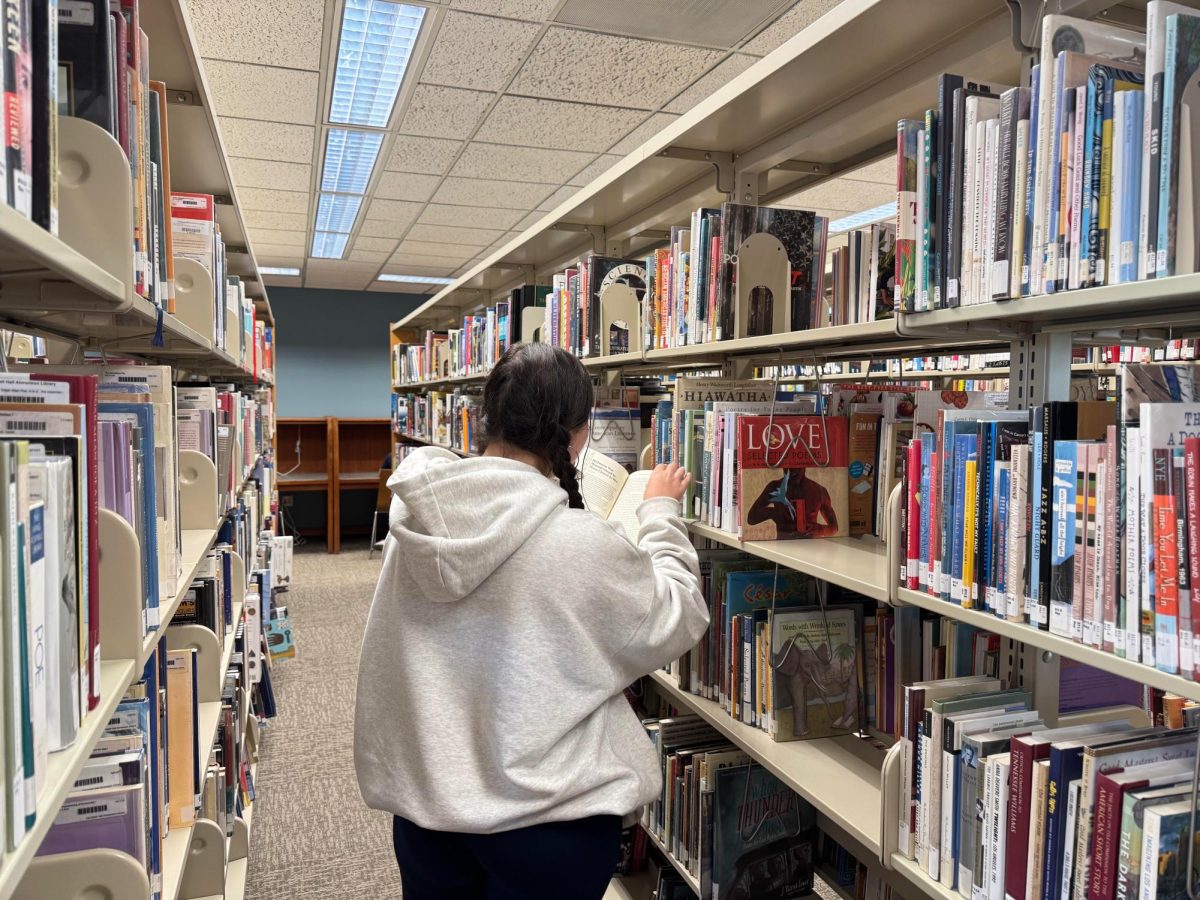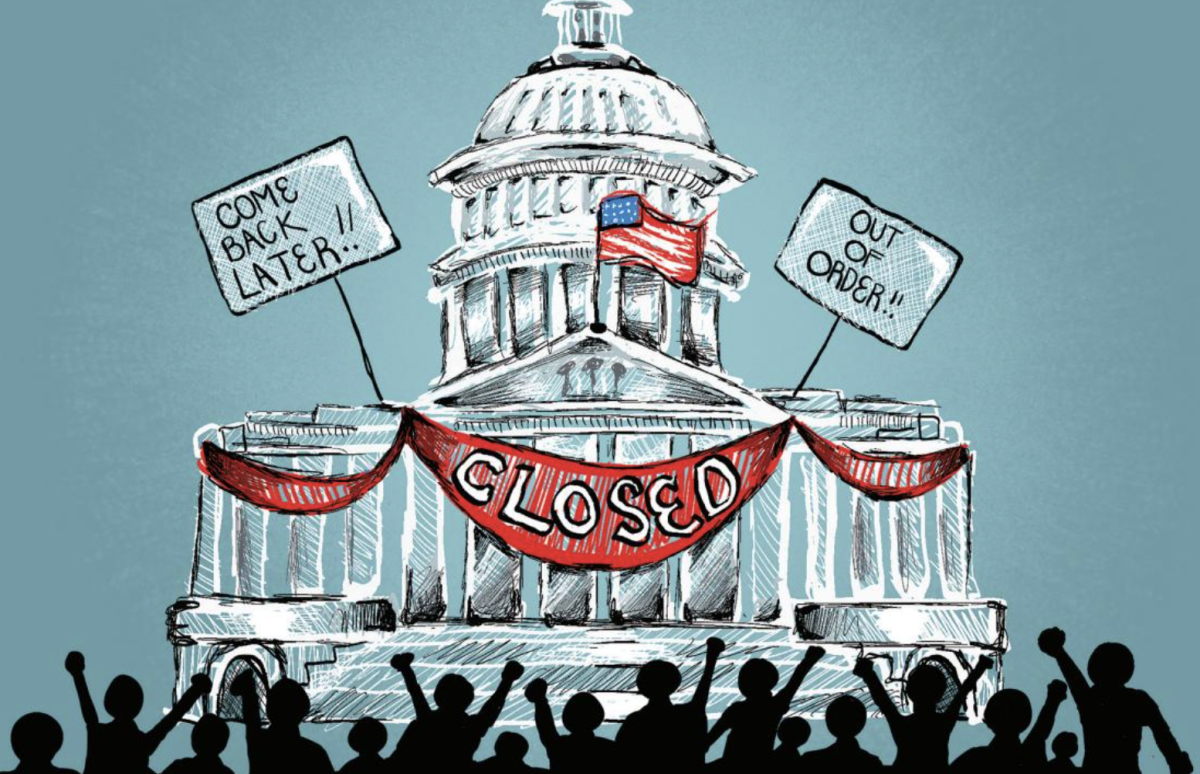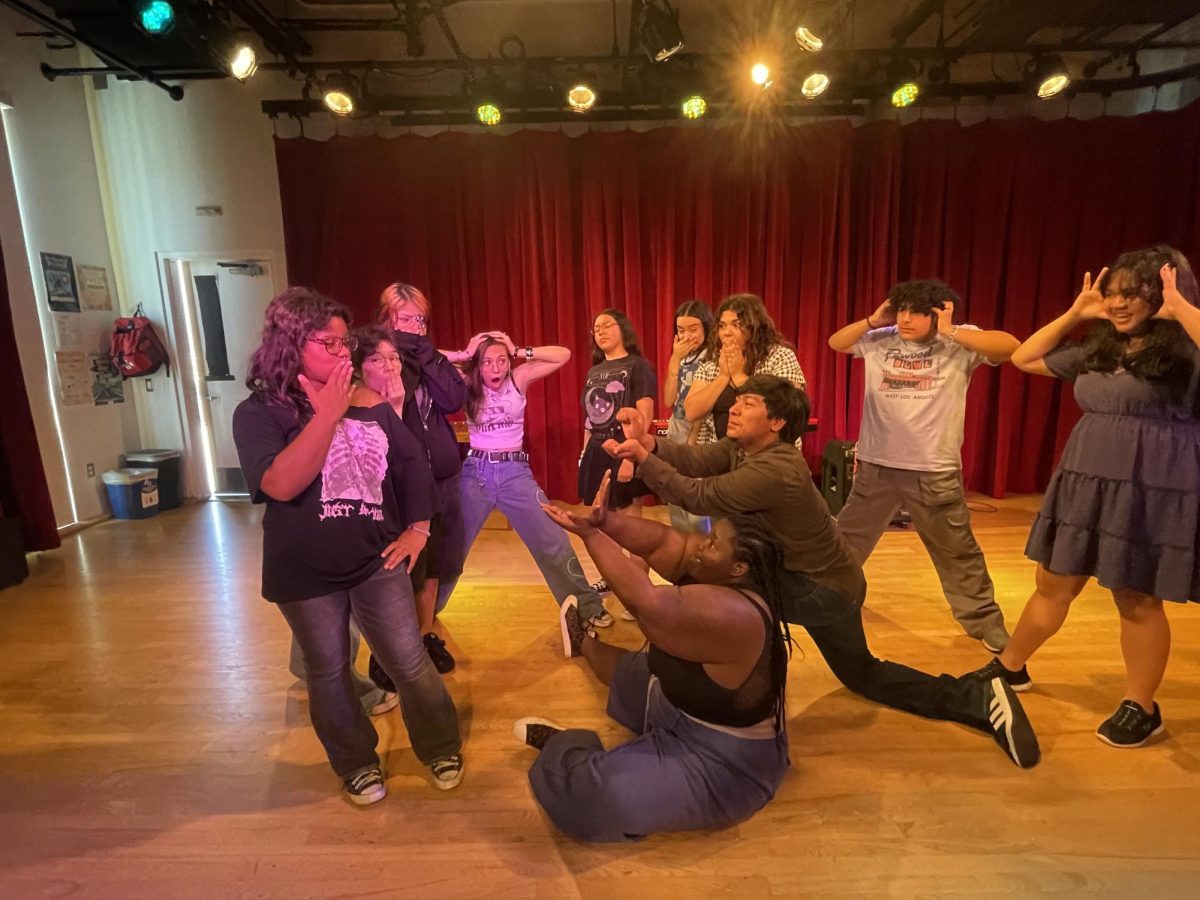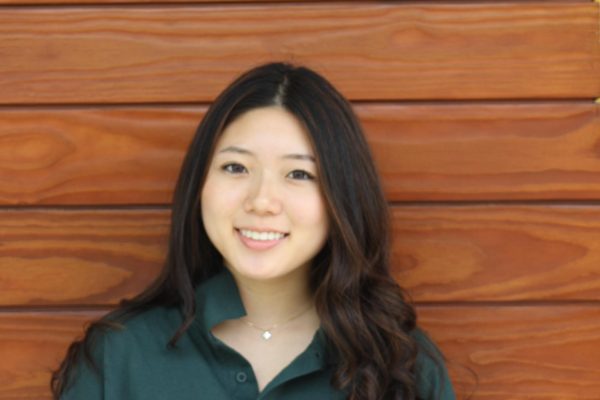Picture yourself being at the same small school for thirteen years; this is Whitney Jones’s 25 life. Everything is great: she knows everything about her community, memorized the lunch menu, and has had the same best friend since elementary school. That is, until the day her childhood best friend started acting differently and they are not as close as before. This leaves her puzzled and unsure of what to do.
In her article on how to cope with outgrowing friendships, therapist Alex Steiner claims it is common for people to outgrow friendships when entering different stages of their lives, such as high school. Jones has been with the same peers since elementary and feels her classmates outgrew each other as they got older, but circled back together in senior year.
“In elementary school, since the classes were so small, [almost] our entire grade were friends,” Jones ‘25 said. “As we got older, more groups split off and then through middle school, you hung out with your group. In high school, those groups changed and more friendships shifted. Then senior year, we’re all kind of going back to how we were in elementary.”
Jones noticed daily conversations with her friends are an indicator of the direction that a friendship or relationship is going. She believes the flow of the conversation relates to how you can tell you may be outgrowing a friendship.
“Conversations don’t come as naturally; they start to be forced,” Jones said. “Someone might be a little bit more distant or you guys just grow apart, and you start not to talk as much and then that just comes to not talking at all.”
Fiona Johnson ‘25, another thirteen year student, has experienced going through multiple friendships and values all of her past friends. She notes that outgrowing friendships is hard to deal with, especially with someone she has known for years. In the end, she realizes it is natural to let people go and is the best choice for herself and them.
“It’s difficult to accept that because, when you’ve known someone for so long you’ve put so much effort into your friendship and connection,” Johnson said. “But at the end of the day, if you feel you’re outgrowing someone or someone’s outgrowing you, they’re not the right fit for you and your friendship is not going to be healthy.”
Sebastian Orlando ‘26 came to Campbell Hall in seventh grade. Orlando is now going to be a junior and has experienced switching between friend groups. He used to be worried about drama and the possible backlash of leaving a group, but he feels everything will be okay in the end.
“It was a little worrying at times,” Orlando said. “You think, oh maybe I shouldn’t have left this group, or I don’t fit in with this group. So you think, I don’t want to do this and have the repercussions [of leaving a group] affect other people but over time, you just go with it and you realize it worked out.”
Jones believes that outgrowing a friendship is sad but does not have to be negative. She recognizes that change is a part of life, and has learned friendships naturally come and go.
“It’s definitely a sad thing, but it doesn’t necessarily have to be a bad thing because growing apart can make your relationship closer, which sounds backward,” Jones said. “But if you’re forcing yourself into a friendship in which you guys are just growing apart, then that friendship is not going to be great. But if you allow yourself to grow apart naturally, who knows when your guys are going to come back together, you can still keep that relationship.”



